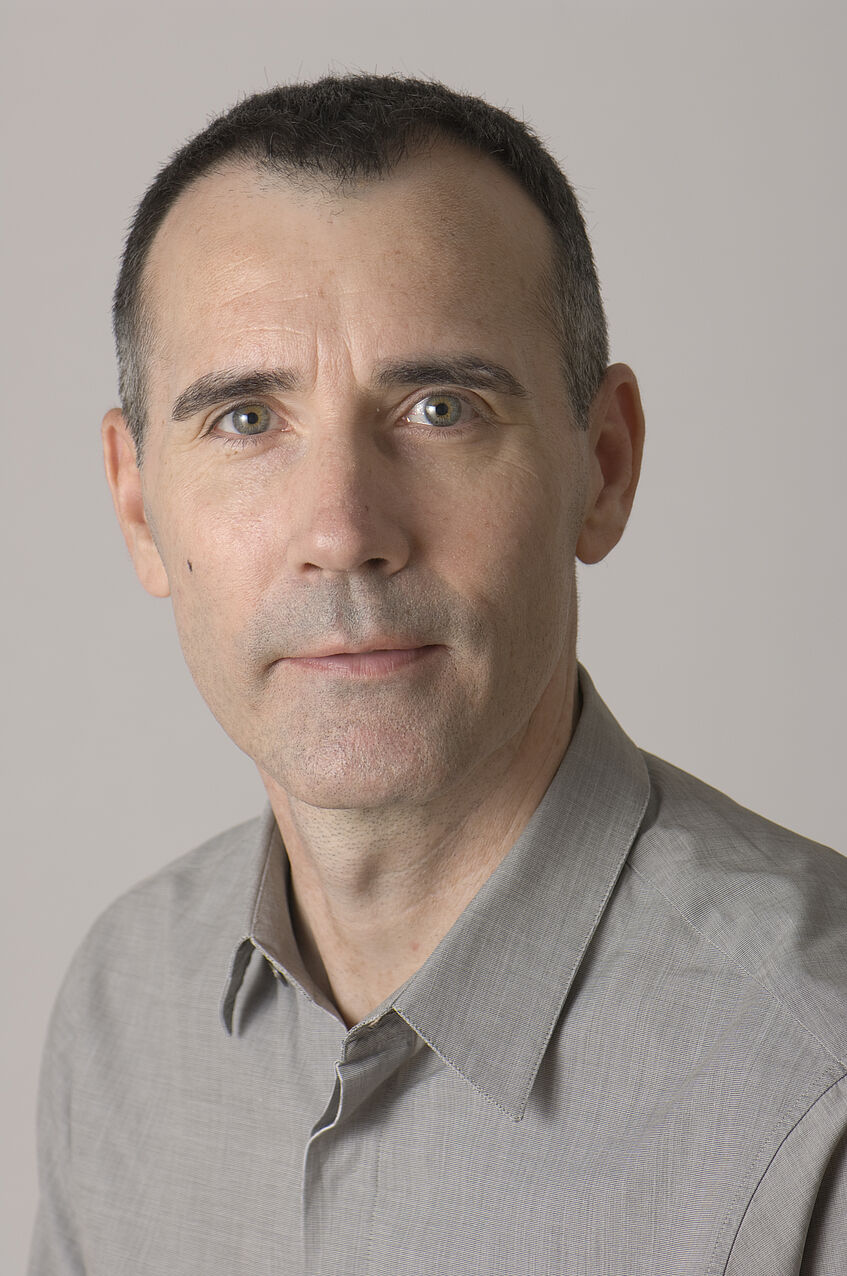9th Gerald Stourzh Lecture on the History of Human Rights and Democracy
Richard Bourke
Inventing Democracy
10 May 2017

Richard Bourke is Professor in the History of Political Thought at the School of History, Queen Mary University of London, and co-director of the Centre for the Study of the History of Political Thought. His research has centred on the history of political thought, with a focus on the Enlightenment, but also ancient intellectual history and political ideas of the 19th and 20th century belong to his areas of interest. Furthermore, his publications include works on the history of modern Ireland. Richard Bourke is currently working on books on the history of philosophy since Kant and the history of democracy.
Selected publications: Empire and Revolution. The Political Life of Edmund Burke (Princeton University Press, 2015); ed. with Quentin Skinner, Popular Sovereignty in Historical Context (Cambridge University Press, 2016); ed. with Raymond Geuss, Political Judgement. Essays for John Dunn (Cambridge University Press, 2009); Peace in Ireland: The War of Ideas (Random House, 2003, 22012); ed. with Ian McBride, The Princeton History of Modern Ireland (Princeton University Press, 2016).
Homepage of Richard Bourke since 2018 at the University of Cambridge
Abstract
Since democracy is a creation of human culture, it must in some sense have been “invented”. This does not mean that the process of invention was deliberate. Instead it was a fortuitous product of human struggle. However, unlike many other political values and practices, democracy was not invented just once, but twice. This lecture is concerned with the relationship between these two moments, between the original formation of ancient democracy and its subsequent renaissance in modern history. Both events are shrouded in obscurity. First of all there is no record marking its first establishment in Athens. As a result, historians disagree about when it came into being. Then, secondly, the circumstances of its rebirth in the Enlightenment are no less complex, spawning controversy about when modern democracy began. One fundamental reason for the uncertainty is that the relationship between the ancient regime form and its modern re-incarnation has rarely been systematically explored. My argument is that a clearer understanding of what modern democracy took from its ancient predecessor can clarify how the modern version was brought into existence, and how it came in due course to be transformed.
Audio
Introduction by Birgitta Bader-Zaar
